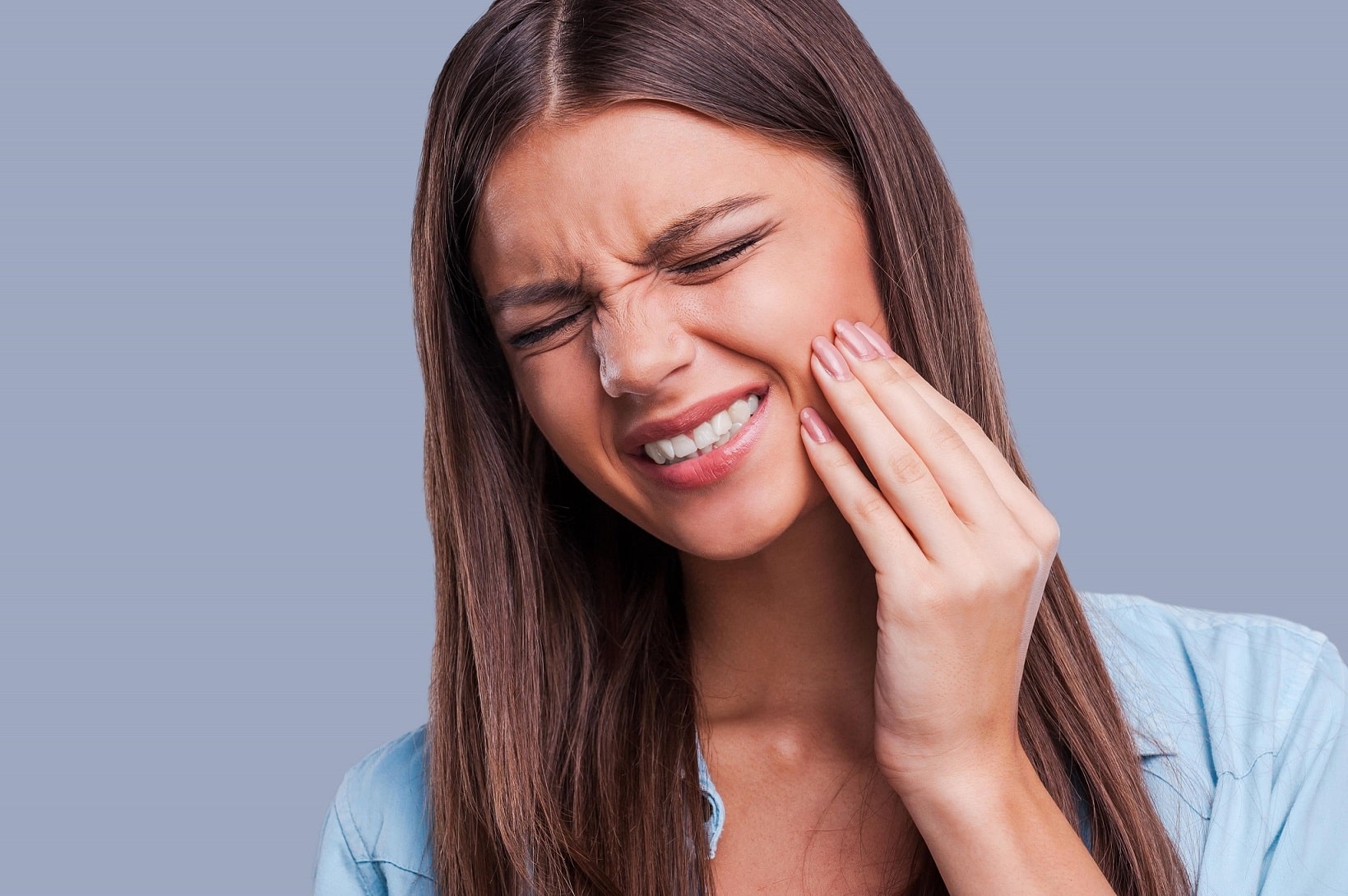Have you ever wondered how your oral Hygiene stacks up against others? If so, you’re not alone. Oral health is essential for overall health, and many struggles to maintain good oral Hygiene. When you have poor oral hygiene habits, plaque can build up on your teeth. If the buildup is not cleaned off regularly, it can lead to various harmful things, including painful cavities and toothaches.
So, what are the signs of bad oral Hygiene? And what should you do about it?
Signs and Symptoms of Poor Oral Hygiene
The mouth is home to a fantastic community of bacteria, the purpose of which is to keep us healthy and free from disease. These organisms not only live in our mouths but are also present on many surfaces around your home. To help you understand what oral Hygiene means and why it is essential, here’s a list of signs and symptoms of poor oral Hygiene:
Bad Breath
Bad breath is something that most of us encounter at some point or another in our lives. There are many reasons for this, and here are two leading causes. First and most common, it is caused by the buildup of bacteria in the mouth due to poor dental care or eating an “unhealthy” diet (e.g., garlic). Second, gum disease can be a cause of bad breath because the periodontal pocket between the teeth and gums becomes infected with bacteria and become inflamed, you lose your ability to taste food, and it dries out your mouth…although this doesn’t happen as often as we would think (as it’s easy to prevent).
Bleeding Gums
Bleeding gum is something to be concerned about, especially if you have been experiencing chronic bleeding or constantly get the tip of your tooth chipped. While there could be multiple reasons for this (like an abscess or a cavity), in most cases, The only way to know what’s causing your bleeding gums is to visit an expert and have them examine your mouth.
Canker Sores
The condition affecting the mouth, gums, and tongue is oral canker sores. Canker sores are small patches of redness, inflammation, and ulceration that develop inside your mouth between the upper and lower teeth. This may occur due to cold weather or limited hydration in your body.
Dryness
Dry mouth is a term that describes the sensation of having a dry mouth, which is often accompanied by other symptoms. The idea behind the dry mouth is that it can be caused by anything that causes a decreased level of saliva production, including poor diet or medical conditions. While some people may not experience this feeling at all, others may find themselves sharing a dry mouth after they have eaten something while they are sick or suffer from an asthma attack.
Thrush
Oral thrush is a common mouth, throat, and tongue infection. It can occur in children, adults, and those with weakened immune systems. It produces white, raised lesions on the mouth, nose, and throat soft tissues. The name “thrush” comes from its characteristic appearance: clusters of white yeast cells covering red or pink areas from inflammation — such as the cheeks, gums, and tongue.
Oral health is essential; it can prevent many problems that might otherwise occur due to neglecting your teeth. Although it may be challenging to incorporate a solid oral hygiene routine into your daily life, staying consistent is the only way to maintain good oral health. You can do this by practicing proper dental care, brushing and flossing regularly, and taking good care of your teeth.
How To Improve Oral Hygiene
If you’ve noticed any of these issues with your mouth, you should take immediate action to ensure there are no other adverse effects of poor oral Hygiene. Here are some tips that will help you maintain excellent oral health.
1. Brush your teeth twice daily
Brushing your teeth is the essential part of good oral Hygiene. It cleans them and removes plaque and food particles that can cause gum disease or cavities. Brushing your teeth twice a day helps to remove these harmful things from your mouth.
2. Schedule a Check-Up and Clean
Many people brush their teeth after they eat, but not enough people visit their dentist regularly. If you’re like most people, you hardly ever see your ashburton dentist until something is wrong. Schedule an appointment with your dentist so that he or she can check your gums, teeth and mouth for issues that could lead to cavities and other health problems.
3. Floss once daily
Flossing is essential to oral hygiene because it helps prevent foul odors caused by bacteria on your tongue and gums. It also helps remove plaque and food particles that can cause gum disease or cavities.
4. Rinse with salt water after brushing
Rinsing with saltwater after brushing helps to remove bacteria from your mouth, which can cause bad breath and tooth decay. The saltwater also kills germs that may have been left behind on the bristles during brushing and other harmful bacteria in your mouth!
5. Avoid using alcohol-based mouthwash
Alcohol-based mouthwashes are very effective at killing germs in your mouth, but they don’t do much to protect against future infections caused by inadequate oral Hygiene. Alcohol-based mouthwashes also tend to be very drying, which can cause your gums to recede and your teeth to become loose.
6. Avoid sugary foods and drinks.
Sugary foods and drinks are among some of the worst things you can eat or drink — they can make your mouth rot faster than you realize! Sodas (especially diet soda) have been linked to gum disease and tooth decay due to their high acidity levels that dissolve enamel off teeth over time (think about all those old soda bottles in your basement).
